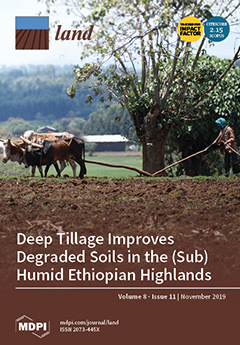Resource information
Turbulent periods of transition from socialism to neoliberal capitalism, which have affected the relationships between holders of power and governing structures in Serbia, have left a lasting impact on the urban spaces of Belgrade’s cityscape. The typical assumption is that the transformation of the urban form in the post-socialist transition is induced by planning interventions which serve to legitimize these neoliberal aspirations. The methodological approach of this paper is broadly structured as a chronological case analysis at three levels: the identification of three basic periods of institutional change, historical analysis of the urban policies that permitted transformation of the subject area, and morphogenesis of the selected site alongside the Sava River in New Belgrade. Neoliberal aspirations are traced through the moments of destruction and moments of creation as locally specific manifestations of neoliberal mechanisms observable through the urban form. Comparison of all three levels of the study traces how planning and political decisions have affected strategic directions of development and, consequently, the dynamics and spatial logic of how new structures have invaded the street frontage. The paper demonstrates that planning interventions in the post-socialist transition period, guided by the neoliberal mechanisms, has had a profound impact on the super-block morphology.


